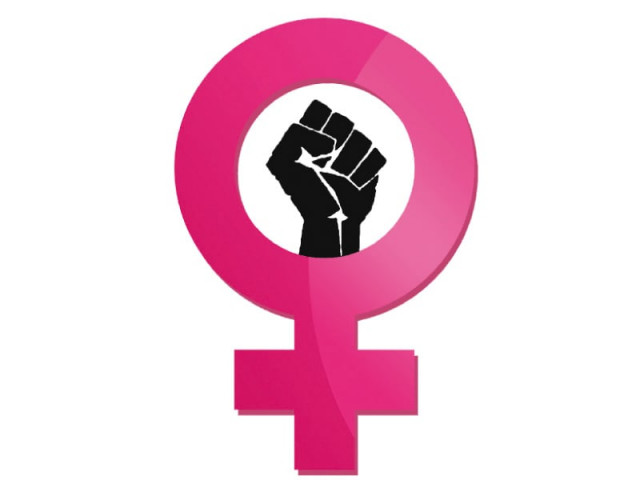A step forward: Women to be part of first reconciliatory jirga
Home Secretary Akhtar Ali Shah says jirga will reduce burden on judiciary and help resolve disputes.

Also known as a musalehati jirga, the forum shall consist of a minimum of nine and a maximum of 13 conciliators, out of which two will be women. PHOTO:FILE
For the first time in its history, the Khyber-Pakhtunkhwa (K-P) government will include women as members of the alternate dispute resolution (ADR) forum.
Also known as a musalehati jirga, the forum shall consist of a minimum of nine and a maximum of 13 conciliators, out of which two will be women. According to an initial copy of the proposed K-P Musalehati Jirga Bill 2013 available with The Express Tribune, the women could be appointed by the government.
This historic decision will help empower women in the province. Meher Taj Roghani, Adviser to the Chief Minister on Social Welfare, said a woman can make an informed decision in a male dominated society once she is educated.

“Appointing a woman as a member of the ADR forum will empower women and set an example for others,” said Roghani. “If the women of the jirga are educated professionals, they will be able to convince the men too.”
The proposed jirga will be responsible for solving civil and criminal disputes at union council levels free of cost. The bill reached the law department on September 25, and once approved by the provincial cabinet will be adopted by the provincial assembly.
The musaleheen or jirga members will be selected for four years by a committee from a list of 39 people submitted by the relevant police station, patwari halqa and union council chairman. The candidates also need clearance from the tehsildar and district’s special branch.
“In case of nine members, one should be a woman while in case of 13, the number of females shall be two,” the bill read, limiting the age of every single member to at least 35 years and above. The members should not have been convicted of an offence, have a good reputation with no political affiliation and a sound background.
The draft further reads the jirga would be led by a convener, who will be elected by the members for a year, under the supervision of an assistant commissioner and in charge of the relevant police station. The jirga members can be reappointed for a second term.
According to the proposed bill, the jirga shall consist of three panels for case hearings which will prepare a schedule and maintain a record. A monthly report will also be sent to the assistant commissioner and in charge of concerned police station.
The jirga will not accept matrimonial dispute cases unless filed by the husband or wife. Civil and criminal complaints can be filed verbally or as a written application.
The jirga will have a fixed time and date to hold proceedings. It will have the authority to file a complaint against anyone who does not accept the jirga’s verdict. It can also consult experts if need be.
Home and Tribal Affairs Secretary Akhtar Ali Shah said the jirga will reduce the burden on judiciary and help resolve disputes.
Published in The Express Tribune, December 9th, 2013.













COMMENTS
Comments are moderated and generally will be posted if they are on-topic and not abusive.
For more information, please see our Comments FAQ